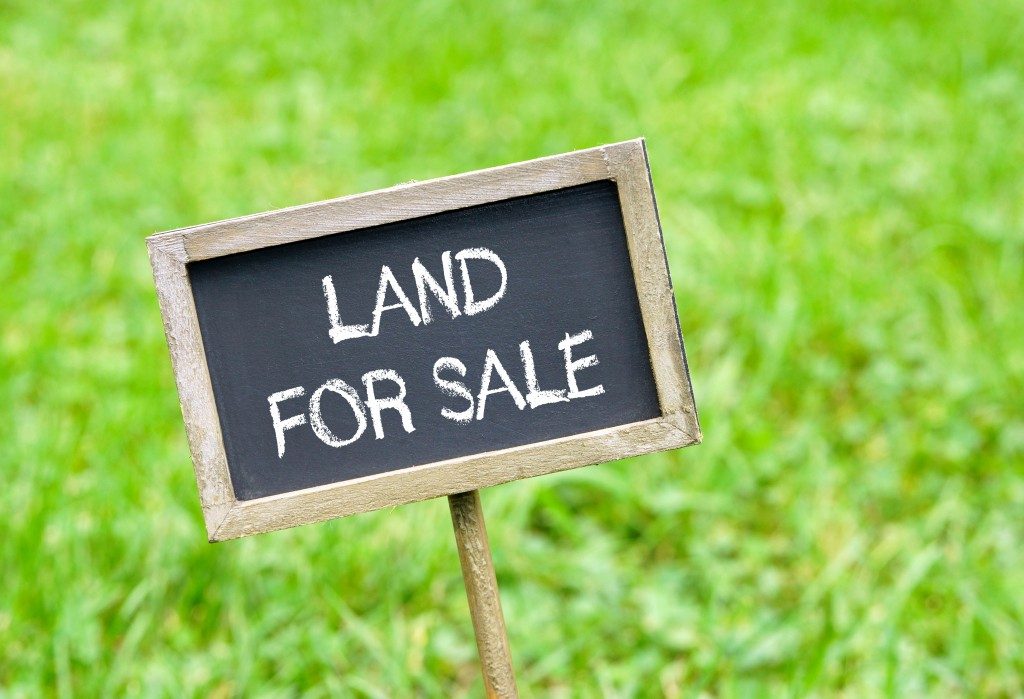If you’ve been thinking about buying a piece of land on which to build your dream house, there are some things you must consider before closing a deal. This is because you will be spending a considerable amount of money for sure, and you don’t want to end up regretting your decision.
Buying land is rather easy, as you can actually buy vacant land for sale in Donnybrook Road and other areas when you have the money, but you need to be sure that it is the perfect piece of real estate for your future home.
Here are five things you should look for when buying land:
Zoning classification
Not all available lands are meant for residential use, which is why you have to first check if the land you’re eying to buy is classified as suited for single- or multi-unit family homes, whichever is applicable to you.
Many first-time buyers make the terrible mistake of not checking the zoning classification of what they’re buying only to find out that it doesn’t suit the kind of residence that they have in mind. As a result, they have to go through a tedious and costly process just to have the amendment needed to re-classify the lot.
Hazards and risks
There are seemingly tranquil and verdant pieces of land that are actually sitting on a flood plain or a former dump site with a considerable amount of leachate still present underground. Or perhaps, the area where the land you’re buying is in a liquefaction-prone zone, which would require a considerable amount of money to stabilize and be suited for a residential building. Or maybe, it’s within an area that is prone to bush fires – which should be enough reason to think long and hard about buying it.
These are just some of the things that you must check with the seller or the local planning office. Buying land that is cheap but with lots of hazards and risks involved isn’t a smart move. It would not only cost you potentially more but also put your safety in jeopardy.
Easements, restrictions

It’s also important to know the specific easements and restrictions that may be applicable to the land you’re buying. You should likewise see if boundaries with adjoining lots are properly marked so there won’t be any problem when you start building.
The land title would be a great means to check these parameters. If you have the budget, a land survey would be another way of discerning the easements and restrictions of the lot.
Water access
If the land you’re buying doesn’t have easy access to a water system, you would need to consider the amount needed to have a well dug so you can have access to potable water. This would easily cost a few thousand dollars, so it’s something that you should definitely be on the lookout for.
Climate
The specific type of climate in the area should also be on your checklist. It will have a direct effect on how much insulation you need, the design of the house you’ll build on it, and other things. Make sure the climate of the area perfectly suits your specific needs.
With these parameters, you should have an easy time finding the best land on which to build the home of your dreams.

